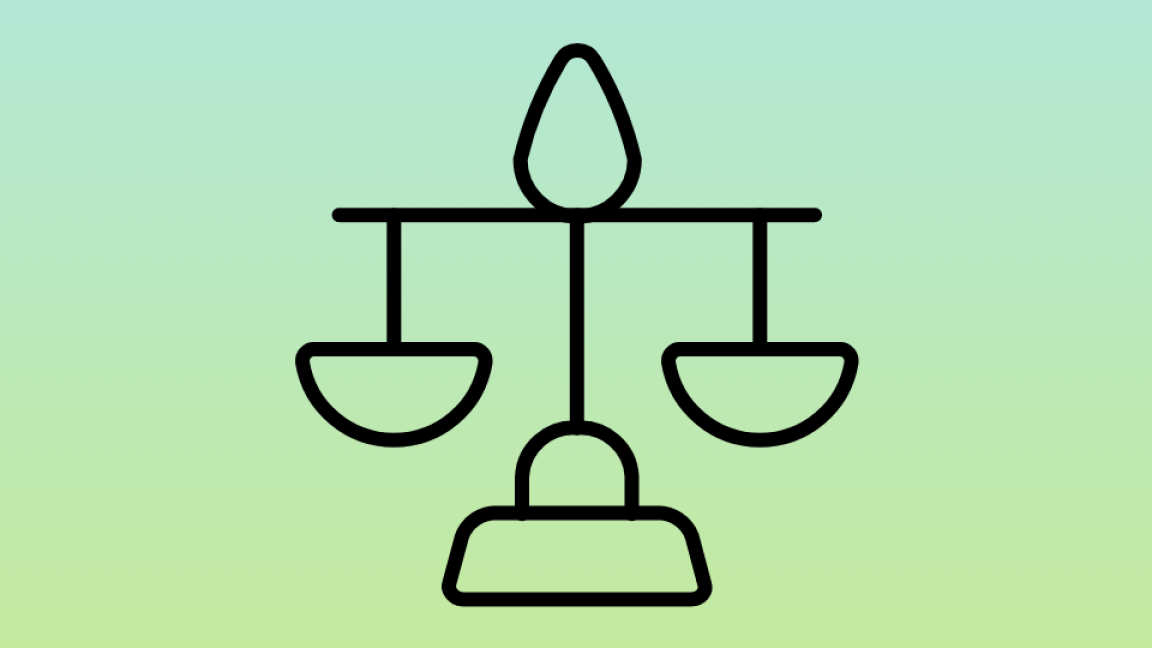Our contribution to greater gender equality
We cooperate with government, civil society and private sector partners to promote gender equality. Where political movements challenge fundamental human rights, we strengthen local actors.
Mainstreaming in the project cycle
We mainstream the promotion of gender equality throughout the entire project cycle. To this end, we use mandatory gender analyses to already identify potential and rule out unintended negative effects at the planning stage. This ensures a context-sensitive approach.
Transformative and intersectional approach
Wherever possible, we pursue a gender-transformative and intersectional approach in the implementation of our projects in order to contribute to reducing the causes of gender-based inequality and multiple discrimination and to reduce structural inequality.
Country-specific preparation
We prepare technical and methodological knowledge to promote gender equality in different countries and sectors. In this way, we support the dissemination of proven approaches and the implementation of innovative ones.
Our work is guided by the GIZ Gender Strategy 2025-2029.
